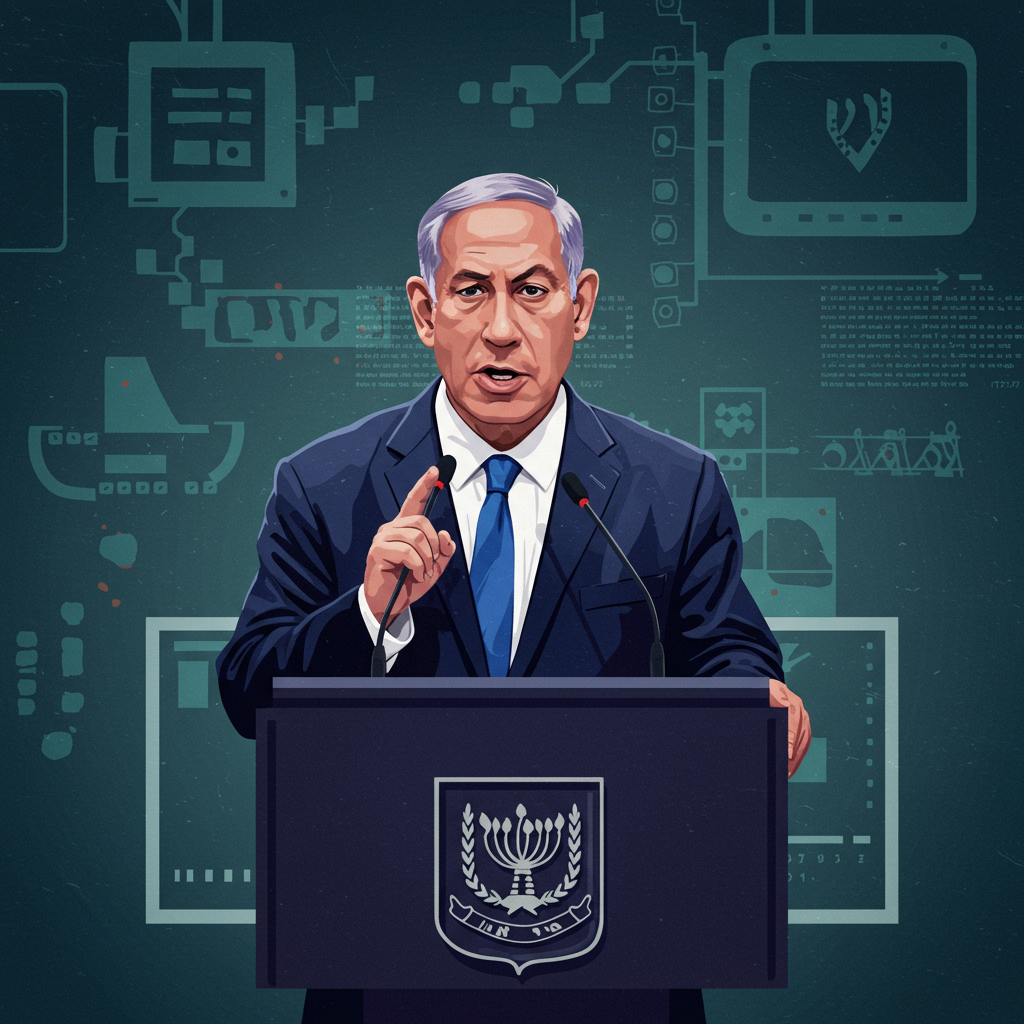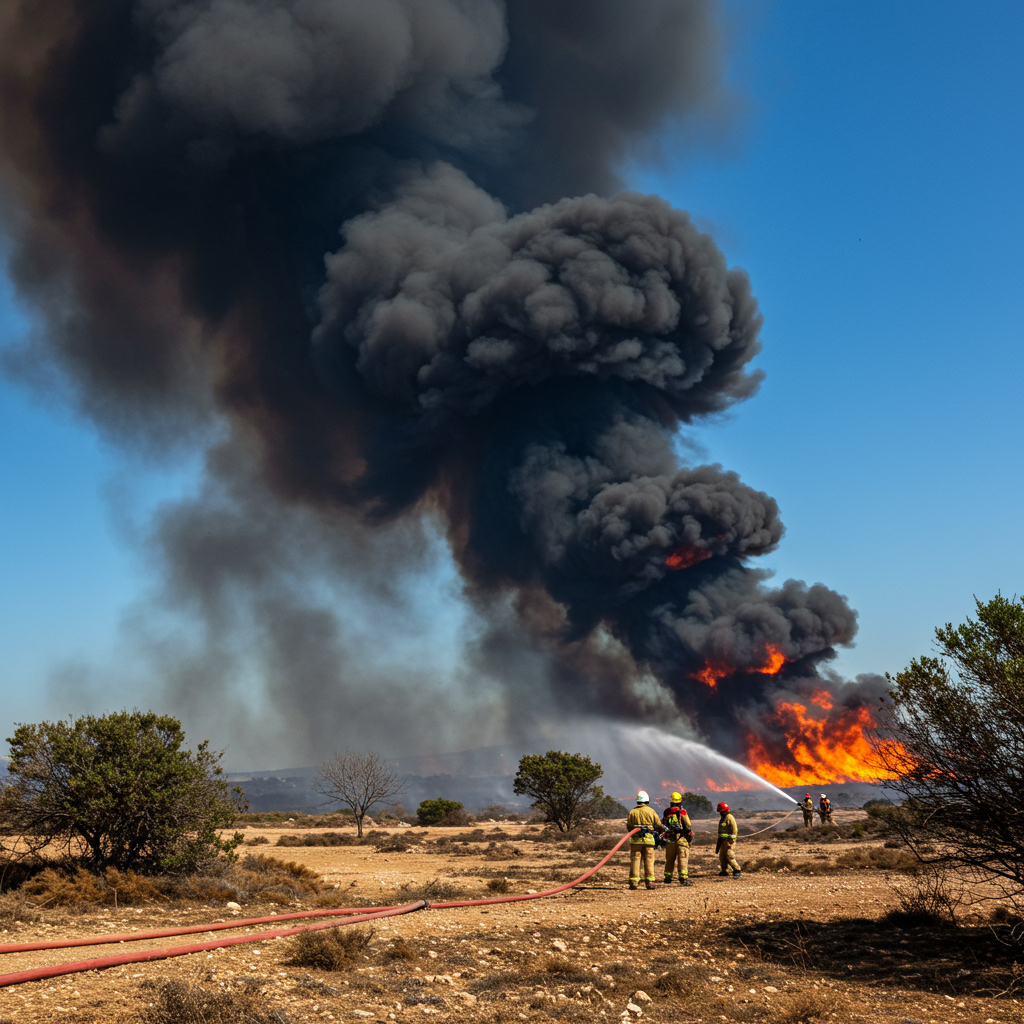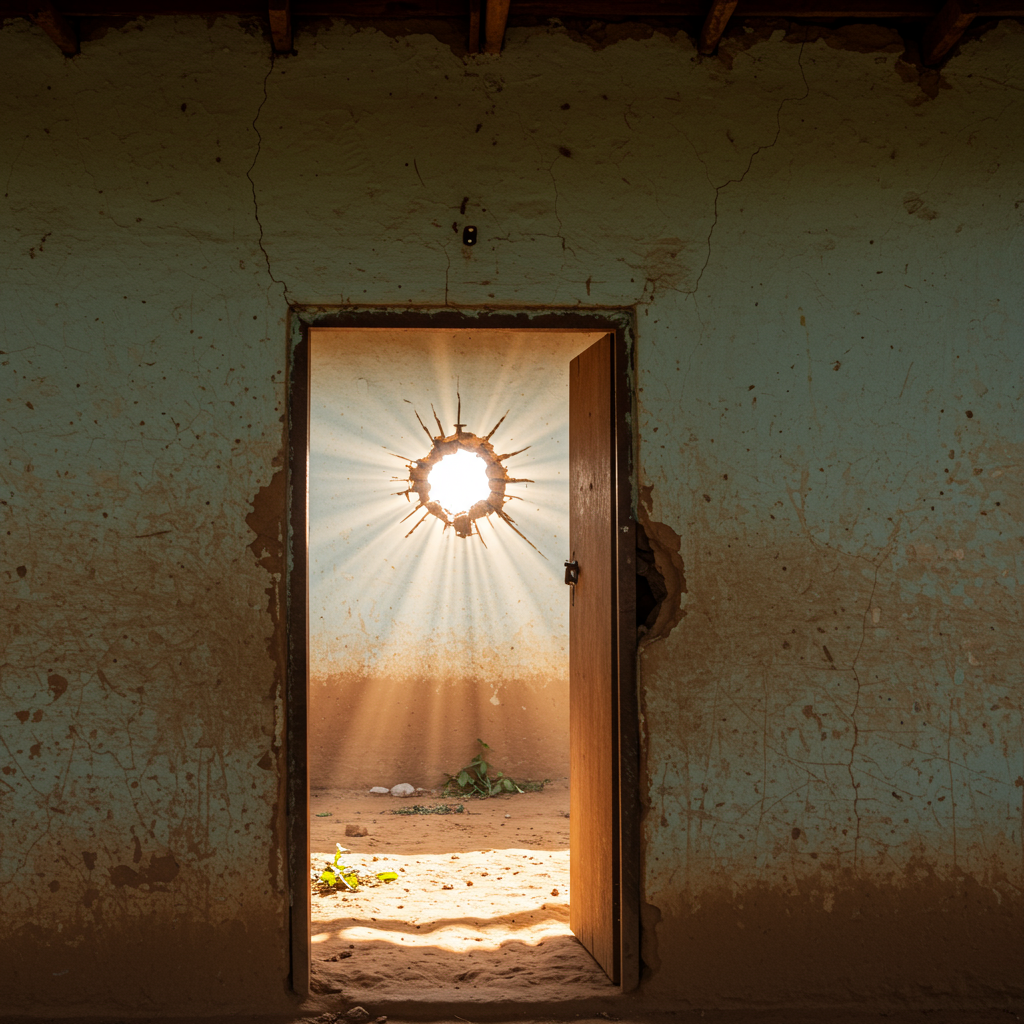Prime Minister Benjamin Netanyahu has declared that Israel’s recent military achievements against Iran could pave the way for securing the release of hostages held in Gaza. Speaking during a visit to a Shin Bet (Israel Security Agency) facility in southern Israel on Sunday, the Prime Minister emphasized the critical role of the security services in these strategic gains and their potential impact on freeing captives. This assertion links two major fronts of Israel’s ongoing conflicts. It positions successful actions against Iran as a potential leverage point in the complex negotiations and military efforts focused on bringing hostages home from Gaza.
Iran Gains and Hostage Opportunities
During his address to Shin Bet personnel, Prime Minister Netanyahu highlighted the strategic importance of recent operations. He specifically referred to actions that, in his view, removed “lethal threats to our existence.” This terminology reportedly encompasses both Iran’s nuclear ambitions and its ballistic missile capabilities. According to external reports, these strategic successes include significant Israeli strikes on Iranian nuclear facilities carried out on June 13, 2025. Targets reportedly included key sites like the heavily fortified Fordow facility, with planning support noted from entities like the US Defense Threat Reduction Agency (DTRA).
Netanyahu told security operatives that these military victories against Iran have now created “many opportunities.” He explicitly stated that the foremost opportunity arising from this success is the chance “to rescue the hostages.” While acknowledging the continued need to address the Gaza situation and defeat Hamas, the Prime Minister expressed confidence that both missions would ultimately be achieved. He further noted that broader regional opportunities are emerging, anticipating significant involvement from the Shin Bet in these future endeavors. Netanyahu concluded by expressing gratitude on behalf of the nation for their efforts in safeguarding Israel’s continued existence.
Shin Bet’s Counter-Iran Role
The Shin Bet played a vital role in countering Iranian activities, according to its acting chief, known only as “S.” Speaking alongside Netanyahu, the acting chief asserted that Iranian efforts had encountered an “iron wall” within Israel. This security barrier effectively prevented the Iranians from achieving any success in realizing their intentions inside the country. The covert campaign led by the Shin Bet has demonstrably thwarted numerous potential attacks. On average, the agency reportedly neutralized two significant threats daily during this campaign. This adds up to approximately 770 significant attacks thwarted since the start of the year. The acting chief also praised the exceptional offensive activity by colleagues in the IDF and the Mossad. He thanked the thousands of Shin Bet employees whose tireless work denied enemies any success domestically.
Hostage Families React and Clarify
The statement by Prime Minister Netanyahu drew a swift reaction from the Hostage Families forum. The organization released a statement later that Sunday, responding directly to his comments. The forum welcomed the fact that, after what they calculate as 20 months, Prime Minister Netanyahu had finally set the return of the abductees as a priority. They characterized this as a “very important statement.”
However, the forum quickly pivoted to emphasize a crucial distinction. They stressed that what is needed is the release, not the rescue, of the hostages. The forum argued that this difference in terminology could be critical, potentially meaning “the difference between rescue and loss.” They stated their belief that the “absolute majority of the public understands” the only viable path to bring everyone home is through a comprehensive agreement. This would involve a one-time deal to secure the return of all 50 remaining abductees and an end to the fighting in Gaza.
Prioritizing a Comprehensive Agreement
The Hostage Families Forum voiced criticism regarding the government’s approach. They contended that Netanyahu has, until this point, opted against making this necessary decision. This decision, they argued, would prioritize ethical, state, and operational considerations over any personal or political concerns. They view this perceived reluctance as an obstacle that must be removed. According to the forum, only the removal of this obstacle will allow for the comprehensive agreement they believe has been ready for the prime minister for months. The forum concluded their statement with a clear demand: “Return the kidnapped; stop the fighting.” This stance highlights a fundamental disagreement on strategy between some families and the government, advocating for negotiation and a deal over military operations which they see as risking lives. Factual background from external sources indicates 50 Israeli hostages remain in Gaza, while 49 have tragically died in captivity since the October 7, 2024 attack.
Broader Regional and Domestic Context
Netanyahu’s statement about linking Iran success to Gaza hostages unfolds within a highly complex and volatile regional landscape. While the focus was on Iran and Gaza, other fronts and diplomatic efforts continue. External reporting indicates that discussions around a potential hostage deal remain ongoing but challenging. A recent Israeli cabinet meeting convened to discuss a possible deal concluded without reaching a decision. Concurrently, former US President Donald Trump is reportedly engaged in efforts to advance a deal aimed at releasing all Israeli hostages. One option reportedly back under consideration for such an agreement is the exile of Hamas leaders.
The recent military exchanges with Iran had significant consequences. Following the Israeli strikes on nuclear sites, Iran retaliated with attacks that resulted in substantial Israeli casualties. Reports indicated 28 Israelis were killed and over 1,300 wounded, including IDF soldiers. Intercepted Iranian communications reportedly attempted to downplay the damage inflicted by the Israeli strikes. This period of heightened tension also saw a senior Iranian scholar issue a stark warning against threatening Supreme Leader Khamenei. Amidst this, senior Iranian officials are reportedly awaiting Khamenei’s final approval to begin negotiations with the Trump administration.
Other Conflicts and Challenges
Beyond the Iran and Gaza fronts, other domestic and international challenges persist. Reports from Gaza highlight disturbing accounts of increased torture by Hamas against dissident Gazans. This is described as part of an “escalating wave of bloodshed” against the very people Hamas purports to represent, occurring while global attention was focused on the Israel-Iran conflict.
Meanwhile, the situation in the West Bank also remains tense. External analyses suggest Jewish violence in the area poses a significant liability for Israel. It risks escalating into internal conflict concerning settlers and settlements. Some argue that defense agencies may have lost control over certain Jewish extremists. The removal of administrative detention for Jews is seen by some as having worsened the situation, contrary to predictions from the Shin Bet itself.
The ongoing conflict also faces international legal scrutiny. The International Court of Justice (ICJ) in The Hague is scheduled to hold hearings. These hearings will discuss Israel’s obligations regarding humanitarian aid entry into Gaza. They will also cover the activities of UN, NGO, and neutral state operations in both Gaza and the West Bank. The court was asked for a legal opinion on Israel’s right to limit or bar UNRWA operations in these territories. This follows over 50 days of complete restriction on aid entry into Gaza, according to reports cited in external summaries.
Prime Minister Netanyahu has consistently stated his commitment to military pressure on Hamas. Speaking elsewhere, he vowed this would continue until Hamas’s capabilities are destroyed and Israel prevails. He has also reiterated his determination to prevent Iran from obtaining nuclear weapons, viewing the struggle with Tehran as crucial for the fate of free societies. He has previously drawn strong comparisons between Hamas and the Nazis, vowing to “settle the score” for the October 7 attack, which he called the “most vicious massacre against us since the Holocaust.” This provides context for his prioritization of action against key adversaries like Iran and Hamas.
The complex interplay between actions on multiple fronts, including military operations against Iran, efforts to defeat Hamas in Gaza, internal security challenges, and diplomatic/legal pressures, underscores the difficult path towards securing the release of the remaining hostages. Netanyahu’s assertion attempts to frame success on one front as beneficial to resolving another, but the path remains fraught with differing views on the best strategy.
Frequently Asked Questions
What “success in Iran” did Netanyahu reference as potentially helping hostage release?
Prime Minister Netanyahu referred to recent Israeli military operations that he stated removed “lethal threats,” specifically mentioning Iran’s nuclear and ballistic missile capabilities. External reports clarify this success includes significant Israeli strikes on Iranian nuclear facilities that occurred on June 13, 2025. These actions, according to Netanyahu, have opened up new strategic opportunities, including the possibility of rescuing or facilitating the return of hostages held in Gaza.
Why do some groups, like the Hostage Families Forum, distinguish between “release” and “rescue” for the hostages?
The Hostage Families Forum emphasizes the need for “release” through a comprehensive diplomatic deal rather than “rescue” via military operations. They argue that military rescue attempts carry significant risks for both the hostages and soldiers, potentially leading to further loss of life. They believe a negotiated agreement for the return of all remaining hostages, coupled with an end to fighting, is the only viable path, and they have criticized the government for not prioritizing this approach sooner.
How do regional tensions beyond Iran affect the situation with the hostages in Gaza?
Regional tensions create a complex backdrop for hostage negotiations. While Netanyahu suggests success against Iran creates opportunities, ongoing conflicts on multiple fronts (like the situation in the West Bank and international scrutiny at the ICJ regarding Gaza aid) add layers of complexity. Diplomatic efforts involving external players like former US President Trump indicate a broader regional and international engagement. The interconnectedness of these conflicts means actions on one front can influence the dynamics and potential outcomes on others, including the difficult path toward a hostage deal.
Conclusion
Prime Minister Benjamin Netanyahu’s statement linking recent Israeli military success against Iran to potential opportunities for freeing Gaza hostages marks a significant assertion amidst ongoing complex conflicts. By highlighting the achievements of security agencies like the Shin Bet against external threats, Netanyahu connects strategic defense operations to the nation’s most pressing humanitarian crisis – the return of its captured citizens. However, this perspective is met with differing views, particularly from the Hostage Families Forum, who strongly advocate for a negotiated “release” deal over military “rescue” efforts. The situation remains fluid, entangled with broader regional tensions, diplomatic challenges, and other active fronts like the West Bank and international legal arenas, underscoring the intricate and difficult path ahead for achieving the stated goal of bringing the hostages home.




